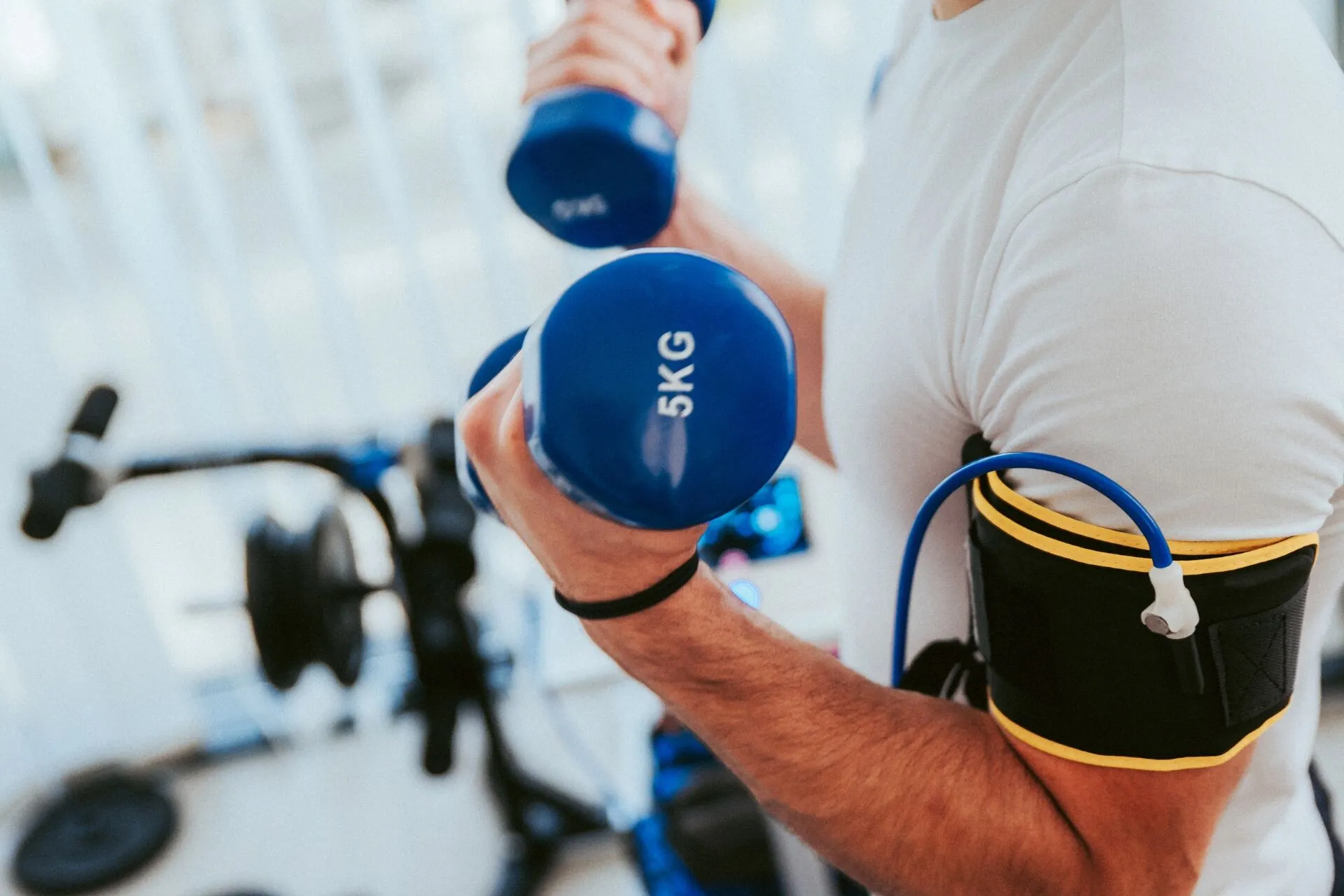Reaching your fitness goals isn’t just about hitting the gym a few times a week – it’s about building sustainable habits that support both physical and mental well-being. Whether you’re looking to increase strength, improve endurance, or simply feel healthier, a well-rounded approach to fitness is key. Incorporating group fitness activities into your routine can boost motivation and accountability, making workouts more engaging and effective. Along with smart training techniques, nutrition, recovery strategies, and mental wellness play a huge role in unlocking your full potential.
From strength training and cardio to recovery techniques like therapeutic massage, let’s explore how you can optimize your fitness journey for lasting results.
Building a Strong Foundation: The Key Elements of Effective Training
To get the most out of your workouts, you need a plan that balances intensity, recovery, and progression. Random workouts may keep you active, but structured training is what leads to real, measurable improvements.
Strength Training: More Than Just Muscle
Strength training isn’t just for bodybuilders – it’s essential for overall fitness, bone health, and metabolism.
- Focus on compound exercises like squats, deadlifts, and bench presses for maximum muscle engagement.
- Incorporate progressive overload, gradually increasing weight or reps to challenge your muscles.
- Don’t neglect bodyweight exercises like push-ups and pull-ups – they improve functional strength and stability.
Cardio for Heart Health and Endurance
Cardiovascular exercise keeps your heart strong, improves circulation, and enhances endurance.
- High-intensity interval training (HIIT) is great for burning fat and building stamina in a short amount of time.
- Steady-state cardio, such as jogging or cycling, improves aerobic capacity and supports long-term health.
- Aim for at least 150 minutes of moderate or 75 minutes of intense cardio per week for optimal benefits.
Flexibility and Mobility: The Missing Link
Strength and endurance are important, but mobility keeps your body functioning at its best.
- Incorporate dynamic stretching before workouts to activate muscles.
- Use static stretching post-workout to improve flexibility and reduce soreness.
- Foam rolling and mobility drills can help prevent injuries and improve range of motion.
Nutrition: Fueling Your Body for Optimal Performance
What you eat directly impacts your energy levels, recovery, and overall progress. A well-balanced diet supports your fitness goals and keeps you feeling your best.
Macronutrients Matter
- Protein: Supports muscle repair and growth (lean meats, fish, eggs, beans).
- Carbohydrates: Provide energy for workouts (whole grains, fruits, vegetables).
- Fats: Essential for hormone production and joint health (nuts, avocados, olive oil).
Hydration is Non-Negotiable
- Even mild dehydration can reduce strength and endurance.
- Drink at least 2-3 liters of water daily, and increase intake during intense workouts.
- Electrolytes (sodium, potassium, magnesium) help replenish lost minerals after sweating.
The Power of Rest and Recovery
Muscles don’t grow during workouts – they grow during recovery. Skipping rest days can lead to burnout, injuries, and stalled progress.
Sleep: The Ultimate Performance Booster
- Aim for 7-9 hours of quality sleep per night to support muscle repair and hormone balance.
- Lack of sleep reduces reaction time, strength, and endurance.
- Sleep deprivation can increase cravings for unhealthy foods, making weight management harder.
Active Recovery: Keep Moving Without Overdoing It
- Light activities like walking, yoga, or swimming keep blood flowing and aid recovery.
- Rest days don’t mean doing nothing – gentle movement reduces stiffness and improves circulation.
- Listen to your body – if you’re constantly sore, you might need more rest.
Therapeutic Massage: The Secret to Faster Recovery
Massage isn’t just for relaxation – it’s a powerful tool for athletes and fitness enthusiasts looking to speed up recovery and reduce muscle soreness.
Benefits of Therapeutic Massage
- Reduces muscle tightness and pain after intense workouts.
- Improves circulation, helping oxygen and nutrients reach recovering muscles.
- Decreases stress hormones like cortisol, promoting relaxation and better sleep.
- Prevents injuries by enhancing flexibility and breaking down scar tissue.
Incorporating regular massages into your fitness routine can keep your muscles feeling fresh and ready for the next workout. Consider getting a deep tissue massage for targeted muscle relief, which involves applying repeated pressure to deep muscle and connective tissue, or a sports massage to enhance mobility.
Fun Fact: The Science Behind the “Runner’s High”
Ever heard of the “runner’s high”? It’s not just a myth! When you exercise, your brain releases endorphins, which act as natural painkillers and mood boosters. This is why people often feel happier and more energized after a good workout.
The Mental Side of Fitness: Mindset Matters
Your mindset plays a huge role in your fitness journey. A positive attitude and mental resilience help you stay consistent, push through challenges, and enjoy the process.
Set SMART Goals
- Specific: Define exactly what you want to achieve (e.g., run a 5K, lift a certain weight).
- Measurable: Track progress with measurable markers.
- Achievable: Set realistic goals based on your fitness level.
- Relevant: Align goals with your overall health and wellness vision.
- Time-bound: Set a deadline to stay motivated.
Find Activities You Enjoy
- Not everyone loves lifting weights or running – try different workouts until you find what excites you.
- Dancing, hiking, rock climbing, or martial arts can make fitness fun and sustainable.
Surround Yourself with Support
- Join a fitness class or find a workout buddy for motivation.
- Follow inspirational fitness influencers or read success stories to stay encouraged.
Reaching your full fitness potential isn’t about perfection – it’s about consistency, smart training, and overall wellness. By balancing strength training, cardio, flexibility, nutrition, and recovery, you’ll build a body that feels strong and energized.
Don’t forget the power of rest, therapeutic massage, and mental resilience in achieving your goals. Stay patient, challenge yourself, and enjoy the process – your future self will thank you!

